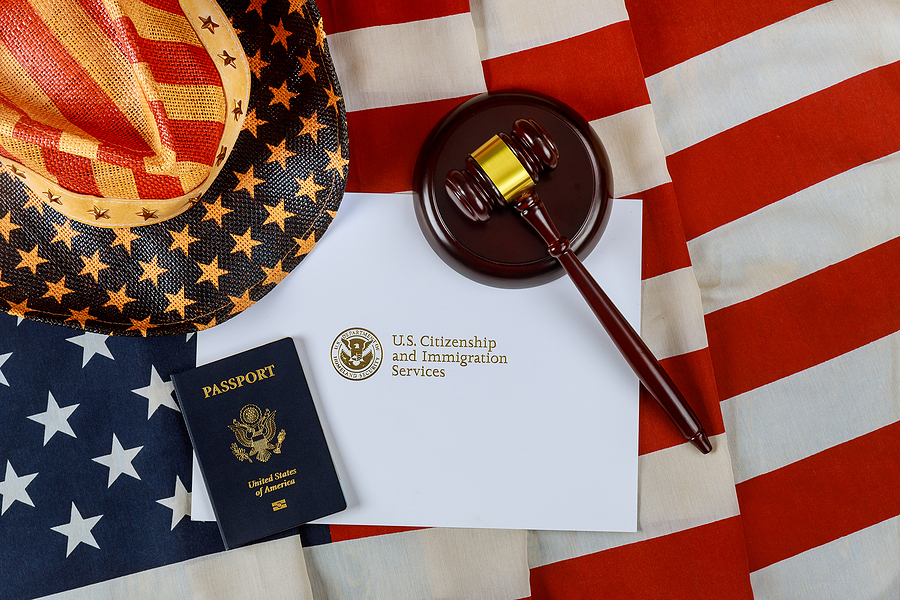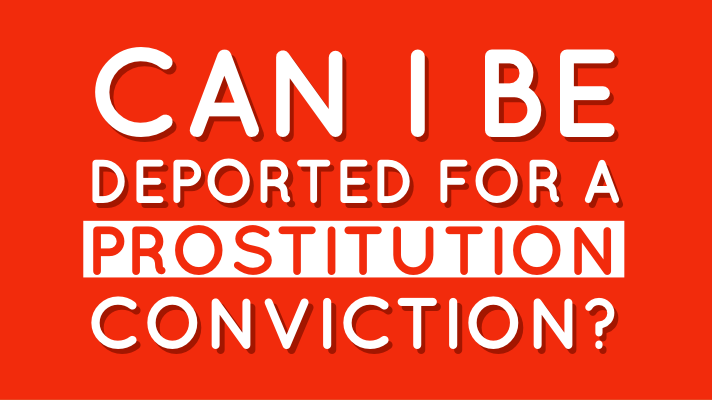On June 23, 2023, the U.S. Supreme Court issued its long-awaited immigration opinion in the case of U.S. v. Texas. The justices agreed 8-1 that the states who filed the lawsuit against the federal government over what the states perceived as the non-enforcement of immigration laws could not sue the government in this case. The eight justices disagreed on exactly why the federal courts could not handle this case and give the states what they wanted, but all eight agreed that the lower courts were wrong in getting involved in this matter.
So, what was U.S. v. Texas about and how does this decision affect non-citizens in the United States? In 2021, the Secretary of the Department of Homeland Security, Alejandro Mayorkas, issued a memo regarding what types of cases the federal immigration officers should focus their efforts on for detention and removal from the United States. By listing groups of non-citizens who immigration officers were to focus on, this automatically created a group of non-citizens who became “non-priorities.” Multiple states like Texas did not like the “Mayorkas Memo” and sued in federal court to stop the federal immigration officers from using this memo in making detention and removal decisions. The first two federal courts who heard the case agreed that states like Texas were harmed by immigration officers prioritizing certain non-citizens for removal and thereby potentially ignoring other non-citizens who were subject to detention and removal but were not priorities. The courts initially stopped the Department of Homeland Security from using the memo in immigration enforcement decisions.
The Mayorkas memo remained sidelined until the Supreme Court decided that NO court has jurisdiction to even hear this case, let alone strike down the Mayorkas Memo. The Supreme Court held that the federal courts were not the place for states to sue the federal government to force them to use their “prosecutorial discretion” to detain and deport every non-citizen they could. The Supreme Court listed multiple other ways that this perceived non-enforcement or prosecutorial discretion issue could be addressed, including through elections and in the Congressional oversight and funding context.
 Florida Immigration Lawyer Blog
Florida Immigration Lawyer Blog


 Filing an accurate and thorough green card application is all the more important if you have a criminal history.
Filing an accurate and thorough green card application is all the more important if you have a criminal history. Today, the Eleventh Circuit released what looks like may be a landmark decision in
Today, the Eleventh Circuit released what looks like may be a landmark decision in  plant in its definition. Federal law does not. Therefore, a person could be convicted of a marijuana offense in Florida that involved only the mature stalk of the plant. However, that same person could not be convicted under Federal Law. So, it appears that a violation of Florida’s law relating to a controlled substance (marijuana) is not “as defined in 21 U.S.C. §802.”
plant in its definition. Federal law does not. Therefore, a person could be convicted of a marijuana offense in Florida that involved only the mature stalk of the plant. However, that same person could not be convicted under Federal Law. So, it appears that a violation of Florida’s law relating to a controlled substance (marijuana) is not “as defined in 21 U.S.C. §802.”

 Injunctions for protection, also commonly referred to as restraining orders, continue to serve as a potential pitfall for non – United States citizens. Injunctions are extremely easy to obtain and little evidence is required to obtain one. Often, a judge will issue an injunction based solely on the word of the person who filed for the injunction. That person may have ulterior motives to obtain the injunction, for example to gain leverage in a divorce proceeding or child custody proceeding. But once an injunction is obtained, any violation of that injunction could lead to deportation. A conviction is not even necessary. And even if you would otherwise be eligible for a form of relief where the judge could cancel your removal, a conviction would render you ineligible. A recent Board of Immigration Appeals decision has further solidified this position.
Injunctions for protection, also commonly referred to as restraining orders, continue to serve as a potential pitfall for non – United States citizens. Injunctions are extremely easy to obtain and little evidence is required to obtain one. Often, a judge will issue an injunction based solely on the word of the person who filed for the injunction. That person may have ulterior motives to obtain the injunction, for example to gain leverage in a divorce proceeding or child custody proceeding. But once an injunction is obtained, any violation of that injunction could lead to deportation. A conviction is not even necessary. And even if you would otherwise be eligible for a form of relief where the judge could cancel your removal, a conviction would render you ineligible. A recent Board of Immigration Appeals decision has further solidified this position.